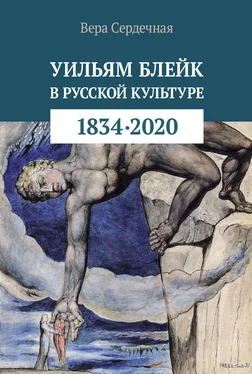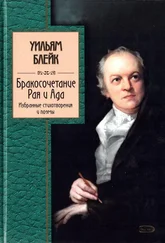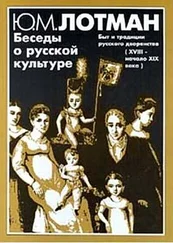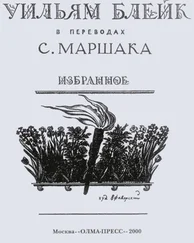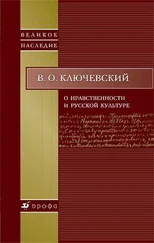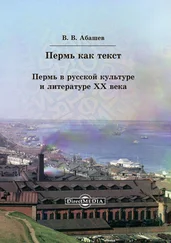«Without contraries is no progression. Attraction and Repulsion, Reason and Energy, Love and Hate, are necessary to Human existence».
«There is a Negation, & there is a Contrary. / The Negation must be destroyd to redeem the Contraries».
«Negations are not Contraries: Contraries mutually Exist: But Negations Exist Not».
«The Negation of God constitutes Hell».
«The Eternal Body of Man is The Imagination. that is God himself / The Divine Body <���…> It manifests itself in his works of Art».
My soul is seven furnaces, incessant roars the bellows
Upon my terribly faming heart, the molten metal runs
In channels thro my fiery limbs: O love! O pity! O fear!
O pain! O the pangs, the bitter pangs of love forsaken
«Besides. let them look at gothic Figures & gothic Buildings, & not talk of Dark Ages or of Any Age! Ages are All Equal. But Genius is Always Above The Age».
«a Gothic Church is representative of true Art Calld Gothic in All Ages».
«Grecian is Mathematic Form. gothic is Living Form».
«by means а startlingly unorthodox first-person narrator, Blake conducts us – in a heterogeneous mixture of prose and verse, levels of discourse, points of view, and imagery – pass past ominous apocalyptic symbols as in a nightmare; but the cosmic vastness of the poem can as suddenly telescope into a wry dramatic exchange or monologue; and the disparate levels and contents are suspended in a narrative consciousness which, as a dream process contains all contradictions and derives its dynamics from its own paradoxical tension».
«the limits of the defining intellect».
To LORD byron in the Wilderness
What doest thou here Elijah?
Can a Poet doubt the Visions of Jehovah? Nature has no Outline:
but Imagination has. Nature has no Tune: but Imagination has!
Nature has no Supernatural & dissolves: Imagination is Eternity
«the metaphor that made most twentieth-century advances in the study of Blake possible: Blake is a poet».
«Collective intelligence is not just a strategy for Blake; it is a foundation of his ontology».
«The historical person named „William Blake“ is only one node in an increasingly complex society that continually defines and redefines what it is that is referred to when the name Blake is uttered».
«A prophet almost unknown in his own country, abroad Blake was scarcely recognized at all».
«whose works have been the subject of derision to men in general, but he has a few admirers».
«He was barely known to the writers such as Wordsworth and Coleridge with whom he is now yoked in anthologies of English poetry».
«a perfectly mad poem called Jerusalem».
«There is no doubt this poor man was mad, but there is something in the madness of this man which interests me more than the Sanity of Lord Byron & Walter Scott!»
«I have this morning been reading a strange publication – viz. Poems with very wild and interesting pictures, as the swathing, etched (I suppose) but it is said – printed and painted by the Author, W. Blake. He is a man of Genius – and I apprehend, a Swedenborgian – certainly, a mystic empathically You perhaps smile at my calling another Poet, a Mystic; but verily I am in the very mire of commonplace common-sense compared with Mr. Blake, apo- or rather anacalyptic Poet, and Painter!»
«Blake's prophetic visions thus do not reveal previously hidden truths, but return any glimmer of truth to obscurity».
«Title page and the following emblem contain all the faults of the Drawings with <���…> few beauties».
«a Babe two days old does not, cannot smile – and innocence and the very truth of Nature must go together. Infancy is too holy a thing to be ornamented».
